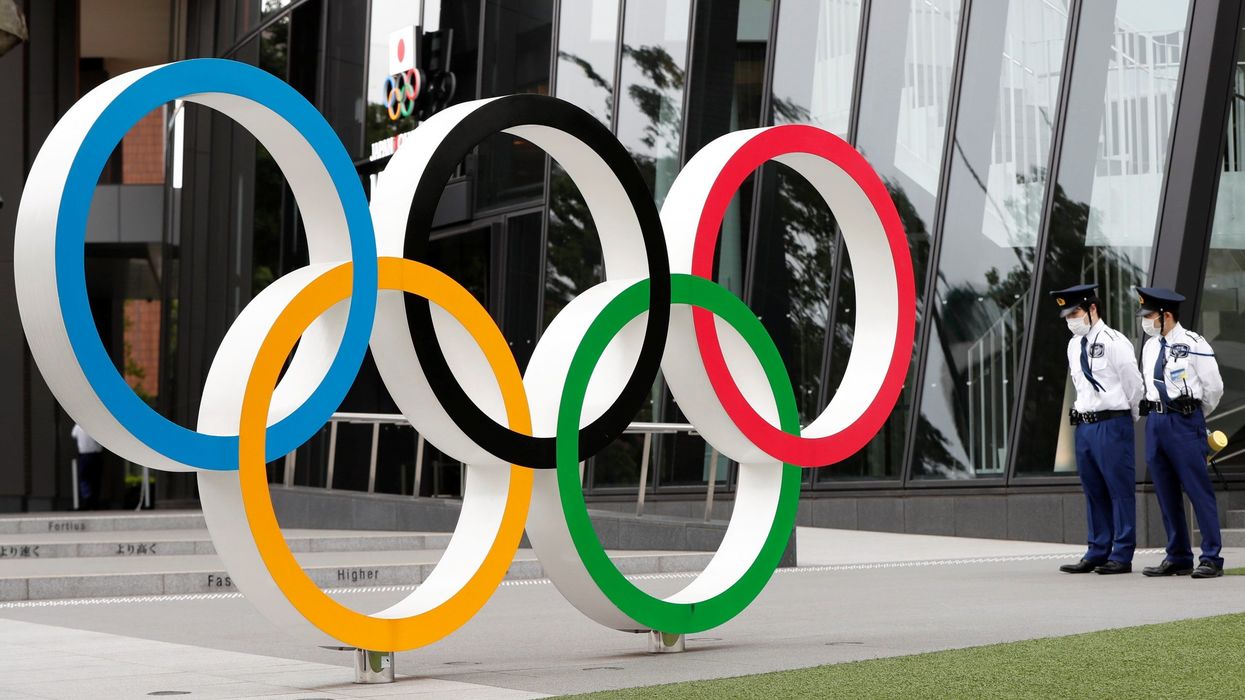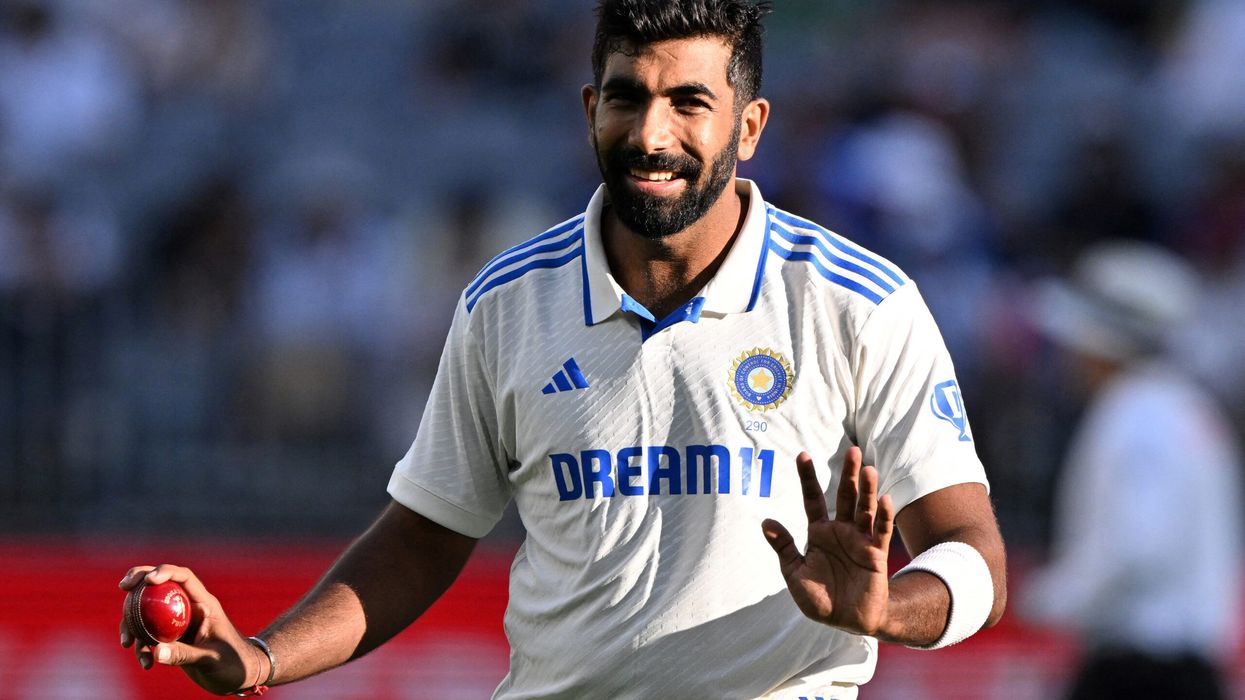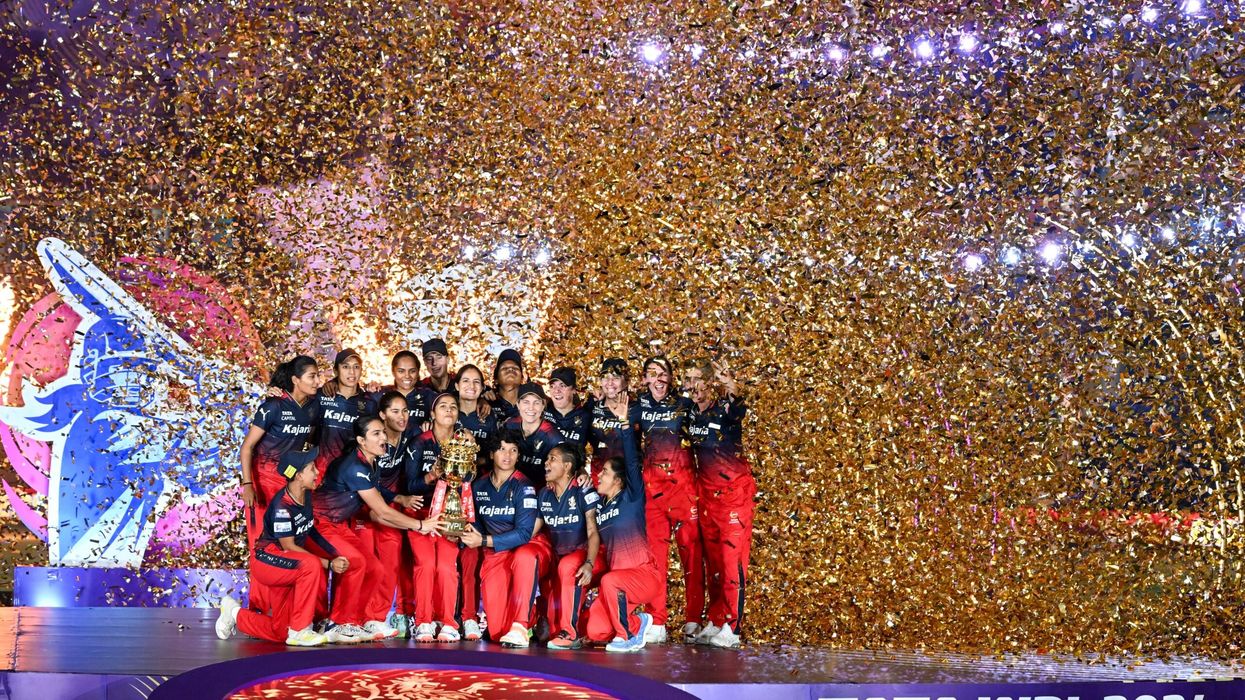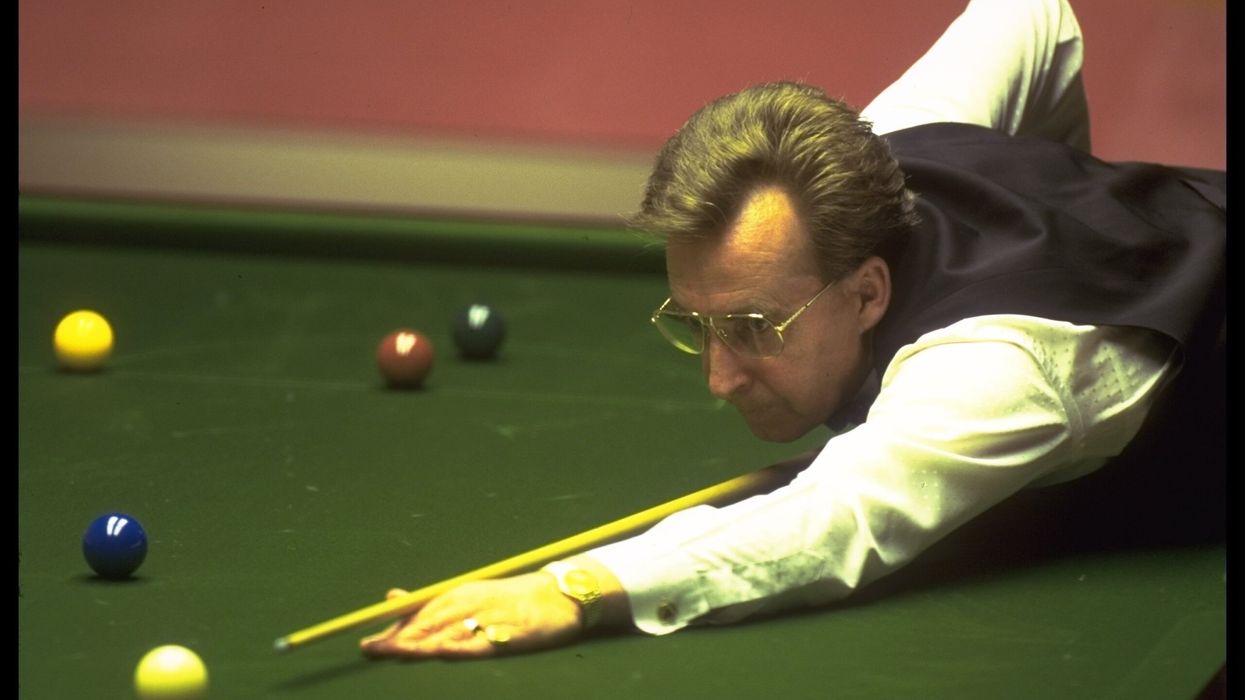THE Australian city of Brisbane will host the 2032 summer Olympics, after the International Olympic Committee (IOC) on Wednesday (21) overwhelmingly approved the recommendation of its executive board.
Brisbane, where hundreds of people gathered at the river-side South Bank erupted in cheering as the defining moments of the IOC session were broadcast on a big screen, becomes the third Australian city to get the Games after Melbourne in 1956 and Sydney in 2000.
"It's a historic day not just for Brisbane and Queensland, but for the entire country," prime minister Scott Morrison said.
"Only global cities can secure the Olympic Games – so this is fitting recognition for Brisbane’s standing across our region and the world."
Queensland's state capital had been the preferred host, chosen in February, and had earned the nod of the executive board last month, essentially securing the Games.
The IOC tried to create some buzz around Wednesday's election, the first not to openly pit cities and countries against each other.
But with Brisbane the sole candidate, the procedure lacked the drama of past announcements that, after a battle for the nod over a two-year candidacy period, showed city populations nervously looking on as the IOC president opened a trademark large white envelope to name the winning host.
Brisbane got 72 of 77 eligible votes from IOC members and its selection means Australia becomes only the second country in the world, after the United States, to stage summer Olympic Games in three different cities.
"It also marks an important leap forward for Australia as we look toward major events that lock in economic growth and social benefits that will echo for years to come," Morrison said.
Several candidates had publicly expressed an interest in staging the 2032 Games including Indonesia, Hungary's capital Budapest, China, Qatar's Doha and Germany’s Ruhr valley region.
But under the new process, Brisbane had already moved ahead of all rivals back in February, the city's bid having earned repeated praise for a high percentage of existing venues, support from government and the private sector and its favourable weather.
'Unforgettable experience'
"The Olympic Games in Brisbane will be in the most diligent, grateful and enthusiastic hands," said Australian Olympic Committee chief John Coates, who is an IOC vice-president.
"And I make this commitment to the athletes of the world – we will provide you with an unforgettable experience."
Awarding the Games to Australia was a nod to Coates, one of the closest allies to IOC president Thomas Bach, who made the announcement.
Coates, who reaches an IOC age limit of 74 in 2024 and will be forced to leave the organisation, had unsuccessfully attempted to land the 1992 Games for Brisbane.
The IOC overhauled its bidding rules in 2019 to reduce costs and make the process easier for cities. There are no official candidate cities campaigning ahead of the vote as has been the case in the past.
Tokyo is hosting the postponed 2020 Olympics this week and Paris will stage the 2024 Games. Los Angeles has been awarded the 2028 summer Olympics.
(Reuters)




